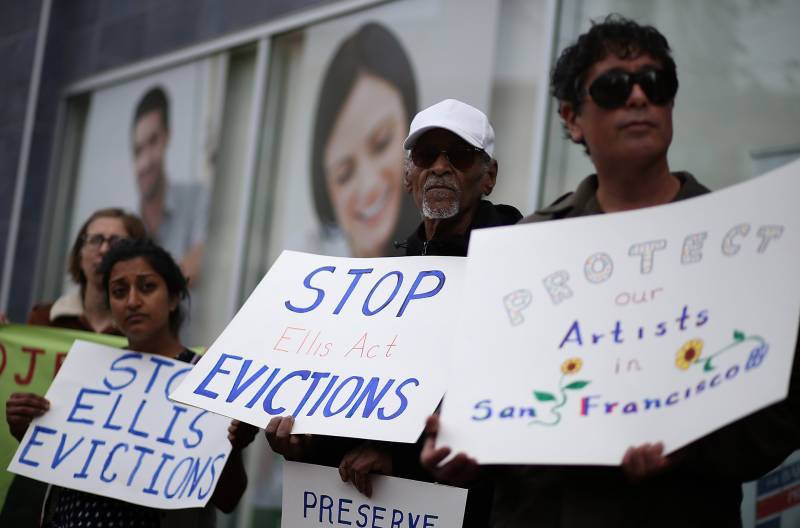Tens of thousands of San Francisco renters now have stronger eviction protections under a new measure that went into effect this week.
The new law affords tenants in nearly all privately owned units in the city, regardless of when they were built, the same protections against no-fault evictions that have long applied to tenants in older buildings, covering more than 35,000 additional units across the city, according to Supervisor Matt Haney, who authored the legislation.
Approved unanimously by the Board of Supervisors in December, the law is the city's latest effort in recent years to limit evictions amid a growing affordable housing and homelessness crisis.
Fifteen percent of renters were threatened with eviction over a 5-year period, according to a 2018 survey by the San Francisco Planning Commission. And of the more than 8,000 homeless people identified in San Francisco's point-in-time count last year, 13% cited eviction as the main cause of their homelessness.
“Now is the time to correct this inequity and treat all units the same,” Haney said last month. “This legislation will provide protections that will ensure that nobody is under threat of an arbitrary eviction in San Francisco.”

